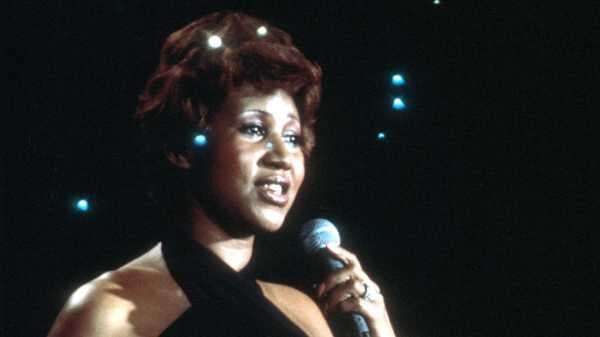
Aretha Franklin’s voice was a pure, painful, and unforgettable expression of American history and American feeling, the collective experience of black Americans and her own life. The Queen of Soul, who died Thursday morning, was the daughter of the most influential black pastor in Detroit, a charismatic, often cruel man who filled the house with musical friends—Duke Ellington, Della Reese, Nat Cole, Mahalia Jackson—and a constant cloud of threat and fury. Aretha Franklin rarely spoke of her inner life, her crises—she was wary of almost everyone—and yet the sound she made, the emotions she expressed and embodied, was as distinctive as that of Bessie Smith and Billie Holiday, Louis Armstrong and John Coltrane. What artist built a sturdier and more sublime arc, from the songs of the first praise houses and black churches to the blues to R. & B. to pop and hip-hop? Like Ray Charles and Sam Cooke, Franklin combined matters of the spirit and matters of the body; the whole of her, it seemed, was in every bar. And though no one could imitate that voice and phrasing—the ecstatic shrieks and eerie note-bending, that sense of behind-the-beat time—her influence was immense. Beyoncé once said that her own “soulfulness” comes “from the gospel. . . . It comes from Aretha.”
Prayer, love, desire, joy, despair, rapture, feminism, Black Power—it is hard to think of a performer who provided a deeper, more profound reflection of her times. What’s more, her gift was incomparable. Smokey Robinson, her friend and neighbor in Detroit, once said, “Aretha came out of this world, but she also came out of another, far-off magical world none of us really understood. . . . She came from a distant musical planet where children are born with their gifts fully formed.” Etta James once recalled listening to Franklin’s version of Johnny Mercer and Hoagy Carmichael’s standard “Skylark.” In the second verse, Franklin jumps an octave. “I had to scratch my head and ask myself, How the fuck did that bitch do that? I remember running into Sarah Vaughan, who always intimidated me. Sarah said, ‘Have you heard of this Aretha Franklin girl?’ I said, ‘You heard her do ‘Skylark,’ didn’t you?’ Sarah said, ‘Yes, I did, and I’m never singing that song again.’ ”
“Skylark,” from “Laughing on the Outside,” in 1963.
“Respect,” live in 1967.
“Chain of Fools,” live in 1968, in Amsterdam.
“Bridge Over Troubled Water,” live at the Fillmore West, in 1971.
“Rock Steady,” in 1972.
“Mary Don’t You Weep,” from the gospel album (and still unreleased film) “Amazing Grace,” in 1972.
“Amazing Grace,” with the Reverend James Cleveland on piano, in 1972.
If you want a good cry, you shouldn’t miss Franklin singing at the Kennedy Center Honors—an Obama-era moment, though Obama could hardly claim center stage when the Woman in Mink sat down to the piano. She’s nearing the end, and yet she hits the notes of her youth.
“(You Make Me Feel Like) A Natural Woman.”
Sourse: newyorker.com






